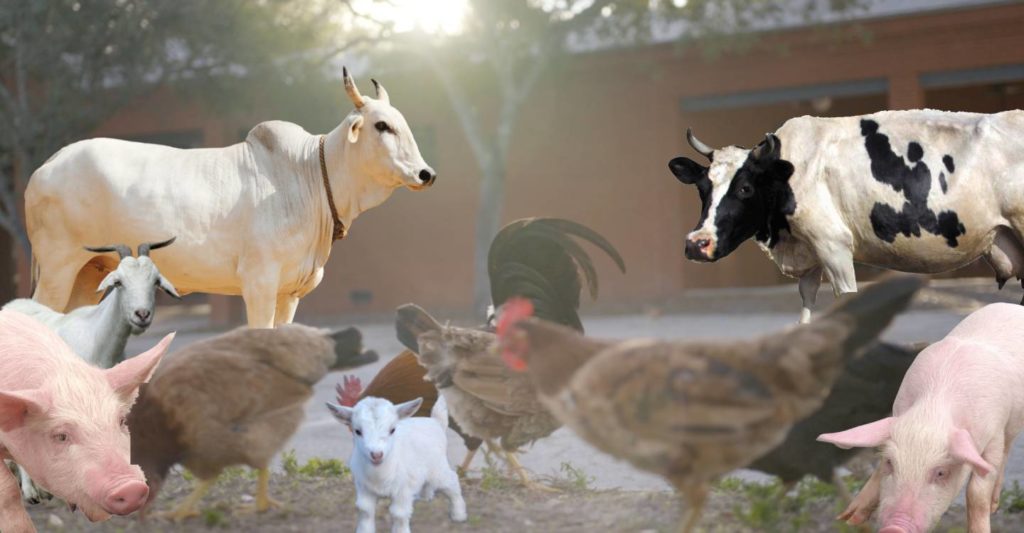In today’s rapidly evolving agricultural landscape, maintaining the health and safety of your farm is paramount. One essential aspect that often goes overlooked is farm biosecurity. This comprehensive strategy involves implementing measures to safeguard your farm from the introduction and spread of diseases, pests, and other harmful agents. By prioritizing farm biosecurity, you not only protect your livelihood but also contribute to the overall health and sustainability of the agricultural industry.
Farm biosecurity encompasses a wide range of practices aimed at preventing, detecting, and managing potential risks to your farm’s health and productivity. These risks can originate from various sources, including visitors, equipment, wildlife, and neighboring farms. Effective biosecurity measures are vital because they help prevent the introduction and spread of diseases that can devastate crops, livestock, and aquaculture operations. Whether you are a large commercial farm or a small-scale producer, understanding and implementing farm biosecurity is crucial to safeguarding your investments and ensuring the long-term success of your operation.
One of the fundamental aspects of farm biosecurity is controlling access to your farm. Limiting the number of people and vehicles entering your premises, especially those who do not have a legitimate reason to be there, is a critical step. Visitors should be required to follow biosecurity protocols, such as proper sanitation and disinfection measures, before entering the farm. Additionally, establishing designated entry points and providing handwashing facilities can help minimize the risk of disease transmission. By controlling access, you reduce the potential for contaminants to enter your farm.

Another vital component of animal health product manufacturer malaysia is monitoring the health of your animals or crops. Regular health checks and inspections can help detect signs of illness or disease early, allowing for prompt intervention and containment. For livestock farms, this may involve quarantine and isolation procedures for sick animals, as well as vaccination programs to prevent the spread of contagious diseases. In crop production, regular scouting for pests and diseases and implementing integrated pest management practices are essential to maintain healthy plants.
Biosecurity measures extend beyond your farm’s borders, as neighboring farms can pose a significant risk. Establishing open and transparent communication with neighboring farmers can help create a collective effort to minimize risks. Collaborative actions may include synchronized vaccination schedules, shared knowledge about disease outbreaks, and coordinated efforts to control wildlife that may carry diseases. By working together, farms in the same region can better protect their collective interests and reduce the potential for disease transmission.
In addition to human and animal health, equipment and vehicles can also introduce diseases and pests onto your farm. Regularly cleaning and disinfecting farm equipment, vehicles, and tools can prevent the unintentional spread of contaminants. Properly disposing of waste materials, such as manure, and ensuring that they are not near your farm’s main operations can further reduce the risk of disease transmission. Implementing biosecurity measures for equipment and waste management is a crucial part of overall farm biosecurity.

